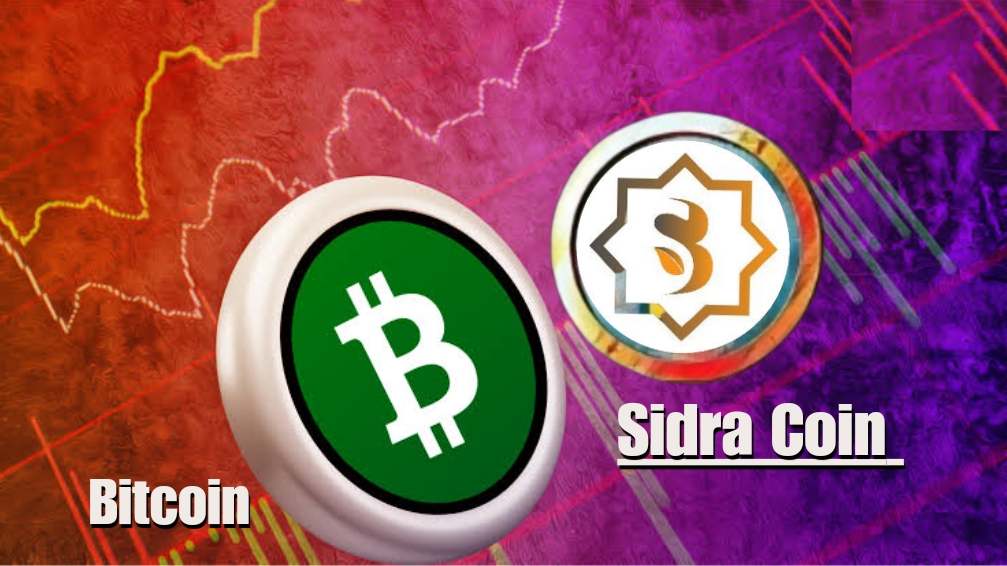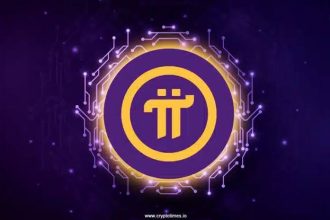In the realm of digital currencies, Bitcoin and Sidrabank Coin stand out as two prominent players. Both cryptocurrencies have garnered significant attention and adoption, each possessing unique characteristics and serving distinct purposes. This article delves into a comparative analysis of Bitcoin and Sidrabank Coin, highlighting their similarities and differences to aid investors in making informed decisions.
Introduction
Bitcoin, the world’s first and most widely recognized cryptocurrency, emerged in 2009, revolutionizing the financial landscape. Its decentralized nature, censorship resistance, and transparent transaction system have captivated individuals and institutions alike. Sidrabank Coin, a relatively new entrant into the cryptocurrency arena, debuted in 2020, aiming to address the specific needs of the Islamic finance sector.
Blockchain Technology
Both Bitcoin and Sidrabank Coin are underpinned by blockchain technology, a distributed ledger system that records transactions in a secure and tamper-proof manner. This technology ensures transparency and immutability, fostering trust and confidence among users.
Algorithm
Bitcoin employs the Scrypt algorithm for securing its network and validating transactions. This algorithm is known for its energy efficiency and resistance to large-scale mining operations. Sidrabank Coin, on the other hand, utilizes the Ethash algorithm, a more recent and advanced algorithm designed for smart contracts and decentralized applications.
Block Generation Time
Bitcoin’s block generation time, the interval between the creation of new blocks on the blockchain, averages around 10 minutes. This relatively slow pace contributes to network stability and security. Sidrabank Coin, in contrast, boasts a significantly faster block generation time of 15 seconds, enabling quicker transaction processing and reduced network congestion.
Maximum Supply
Bitcoin’s maximum supply is capped at 21 million coins, a predetermined limit that adds value scarcity and prevents inflation. Sidrabank Coin, on the other hand, possesses a maximum supply of unlimited coins, a higher limit that aims to accommodate future demand and expansion.
Comparison
| Feature | Bitcoin | Sidrabank Coin |
|---|---|---|
| Blockchain Technology | Utilizes the Scrypt algorithm | Employs the Ethash algorithm |
| Block Generation Time | Averages around 10 minutes | Faster block generation time of 15 seconds |
| Maximum Supply | Capped at 21 million coins | Higher maximum supply of unlimited coins |
| Use Cases | Digital currency for payments, remittances, and store of value | Targets Islamic finance sector, offering halal financial solutions |
| Investment Potential | Established position as a global cryptocurrency | Holds promise for Shariah-compliant financial sector |
| Recommendation | Solid investment choice for risk diversification | Seek opportunities in growing Shariah-compliant financial sector |
Use Cases
Bitcoin’s primary use case revolves in its role as a digital currency for payments, remittances, and store of value. Its widespread adoption and recognition have solidified its position as a benchmark in the cryptocurrency ecosystem. Sidrabank Coin, with its focus on Shariah compliance, targets the Islamic finance sector, offering a halal alternative for transactions and financial interactions.
Investment Potential
Bitcoin’s long history, established community, and widespread acceptance have positioned it as a relatively low-risk investment compared to Sidrabank Coin. However, Sidrabank Coin’s potential to cater to a specific niche market, coupled with its focus on Shariah compliance, could yield significant growth opportunities in the future.
Conclusion
While Bitcoin and Sidrabank Coin share a common foundation in blockchain technology, they diverge in their specific implementations and target audiences. Bitcoin’s established position as a global cryptocurrency and its growing adoption make it a solid investment choice for those seeking risk diversification and exposure to the digital currency space. Sidrabank Coin, with its focus on Islamic finance and its potential to penetrate a largely untapped market, holds promise for investors seeking opportunities in the growing Shariah-compliant financial sector. Read Something Similar












